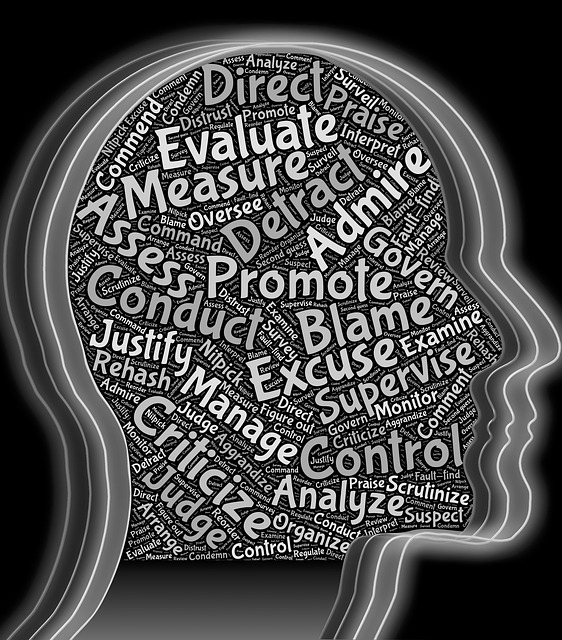I like a healthy dose of self-criticism (more on that later). That is probably why it took me quite a while to discover the following anti-pattern: certain coworkers seem to show loads of self-criticism. They often say: “we do this wrong, we do that wrong!” But when you look closer you find that by “we” they invariably mean the rest of the company – but not themselves. So they are not critical towards themselves, but towards the rest of the company. That’s why I am calling this attitude ‘company-criticism’ (as opposed to self-criticism). The target of company critics usually varies (of cause management getting its fair share of blame), but invariably a resolution is beyond their personal powers.
How many company critics do you know?
 Why company-criticism?
Why company-criticism?
Once you forged a mental model of something you start realising it everywhere. And I found company-criticism so widely spread that I started asking myself: why? Is this not a certain way to make everybody’s life miserable? What do the critics have to gain?
So far I have only speculations – which I will gladly share:
Whining
I could write an entire article about whining (and maybe I will). Here it will suffice to say that whining is a way to blow off emotional steam without having to do anything. In that sense company-criticism is a good opportunity to whine.
Self-promotion
“Look what I achieved under these extremely difficult circumstances! My results would of cause be much better if these problems beyond my control did not exist. I am so wise that I spotted all of these issues. Now others just have to do their jobs right (as I certainly would if I was them).”
Do you have other explanations?
Why not?
So if this phenomenon is so stable, why am calling it the evil twin?
1. Finger pointing
Company-criticism often is just a veiled form of finger pointing. And the veil makes it even worse: if a finger is pointed at somebody, that person has a chance to react. If the criticism is a nebulous implication (“we are not selling product A enough!”) there is no realistic chance of a resolution.
2. Not part of the solution
You can’t be part of the solution if you are not part of the problem!
I can’t cite this often enough! By locating the source of problems out of personal reach there is one person less that can contribute to the solution. What a pity!
3. Core self-evaluations
What makes me sad most is what this behaviour tells about the person: It indicates that the critic tends to an “external locus of control”. This means that she has a tendency to attribute life’s events to outside forces beyond her control.
Locus of control is one of the so-called core self-evaluations (the others are emotional stability, self-esteem and self-efficacy). Why is that interesting? Because people with low core self-evaluations statistically are:
- Less satisfied with their jobs.
- Less satisfied with life in general.
- Less successful in their jobs.
Mind that all this is not an inevitability.
Countermeasures: Closing the loop
Core self-evaluations are deeply rooted in ones personality. It takes at least a long coaching process to change these personality traits. And that is: if one is willing to go there.
But smaller things can be done:
If you hear a company critic speak ask her to be concrete. What exactly does she mean? Who does she consider responsible? What can she do about it herself? But careful: Don’t be too strict or people will just avoid the hassle in future and start talking behind your back. Still as a leader you should make clear that you do not accept corrosive criticism.
It might also help to educate your coworkers about the phenomenon. Make them read this post 😉
You should also try to make sure that the criticism reaches its target. I mentioned earlier that at MACH we have every department report monthly and that all managers have access to these reports. So if department A complains about department B, B has a motivation and an opportunity to react. Nothing helps better than being at the other end of the gun for a change…
I guess that we will never root out what I call company-criticism. But maybe, with some effort, we can turn it into something that feels more like real self-criticism on a company level. After all feedback is a major means of learning!

 Why company-criticism?
Why company-criticism?
Leave a Reply